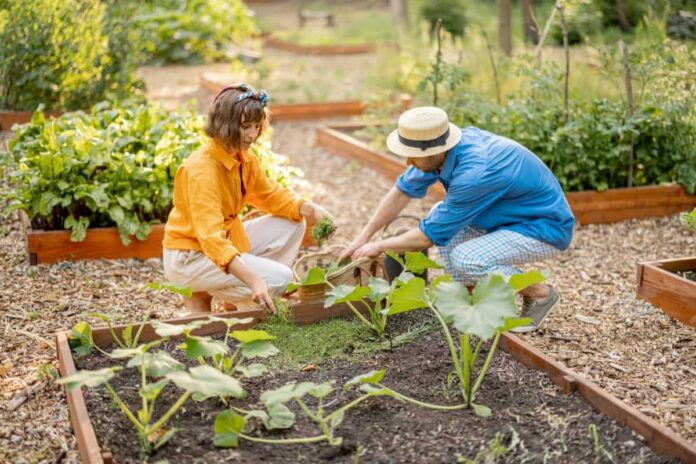Welcome to our comprehensive guide on gardening this summer. Tending to garden can be a rewarding and relaxing experience in the sunny months ahead. However, being aware of common mistakes hindering your gardening success is essential. Whether growing vegetables, flowers, herbs, or fruits, this article will walk you through 17 gardening mistakes to avoid. We’ll provide scientifically-backed tips and insights to help you achieve a bountiful and vibrant garden this season.
17 Gardening Mistakes to Avoid This Summer
Overwatering
Overwatering is a common gardening mistake that can have negative effects, particularly during hot summer months. It involves providing more water than plants need, leading to suffocating plant roots, limiting their ability to absorb nutrients, stunted growth, or even death. Excess moisture in the soil also creates a breeding ground for harmful pathogens, causing plant diseases.
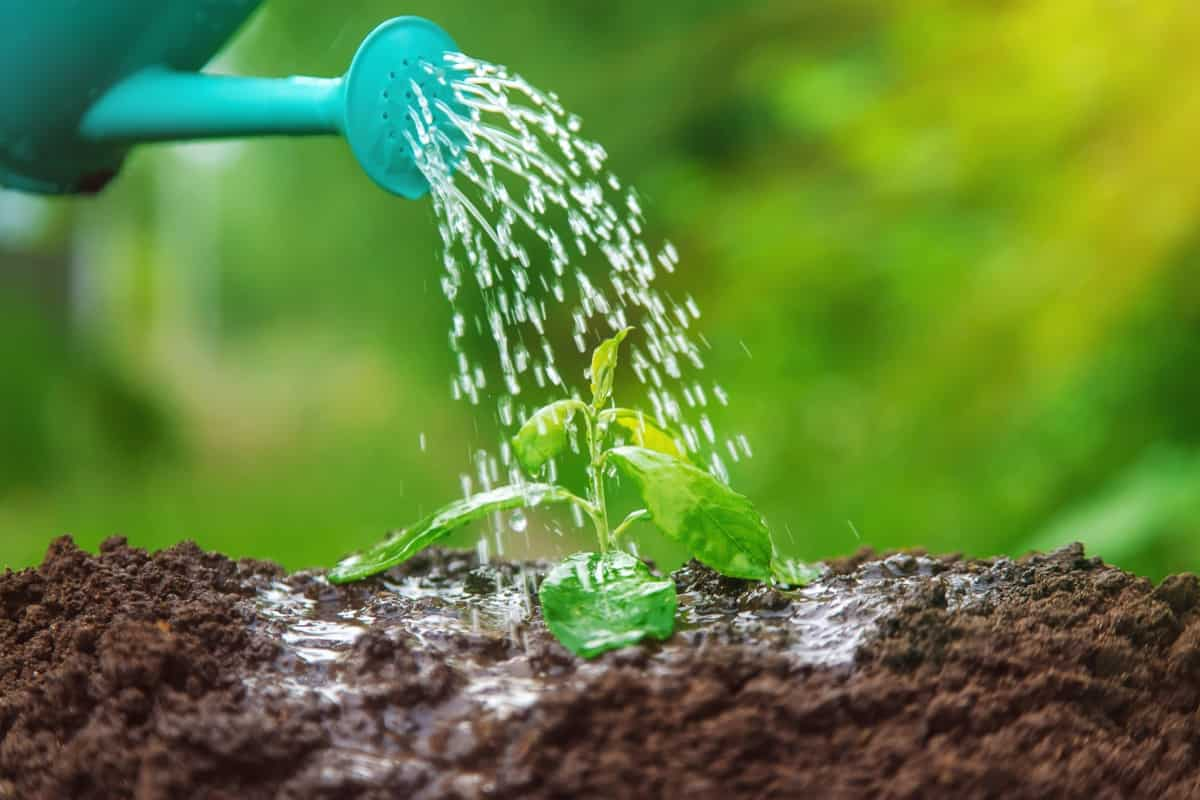
Overwatering also leaches essential nutrients from the soil, making it less fertile and yielding poor plant growth. To avoid these issues, it’s essential to monitor your garden’s moisture levels, use a moisture meter to determine when plants need water, ensure proper drainage in containers, and consider mulching to retain soil moisture.
Disregarding Companion Planting
Companion planting is a crucial aspect of gardening that involves planting different crops together to promote mutual benefits. It can significantly improve summer gardening success by reducing pest problems, enhancing soil health, and maximizing space and resources. Some plants, like marigolds, can deter common garden pests, while others may enrich or deplete the soil, leading to nutrient imbalances and poor crop growth. By incorporating companion planting, gardeners can maximize their space and reduce the need for excessive watering or fertilization, ultimately leading to better crop growth and a healthier environment.
Underwatering
Underwatering is a common gardening mistake that can negatively impact your garden’s health. It hinders photosynthesis, a crucial process for plant growth, cause stunted growth and reduced yields. Under-watered plants are also more susceptible to pests and diseases, making them a target for various garden pests.
Additionally, flowering plants suffer from reduced bloom production due to inadequate hydration. To avoid underwatering, it’s crucial to establish a consistent watering schedule, ensuring at least one inch of water per week through rainfall or irrigation. Mulching the soil can also help retain moisture and reduce the need for frequent watering.
Neglecting Soil Preparation
Neglecting soil preparation is a common mistake that can significantly impact your summer gardening efforts. Inadequate soil preparation can lead to less plant growth, decreased yields, and increased susceptibility to pests and diseases. When you skip preparation, your garden soil may need more essential nutrients and proper drainage. This deficiency can hinder plant root development, making it harder for them to access vital water and nutrients. As a result, your plants may become stunted and less productive.
In case you missed it: 15 Common Mistakes to Avoid in Cover Crops: Beginner’s Guide
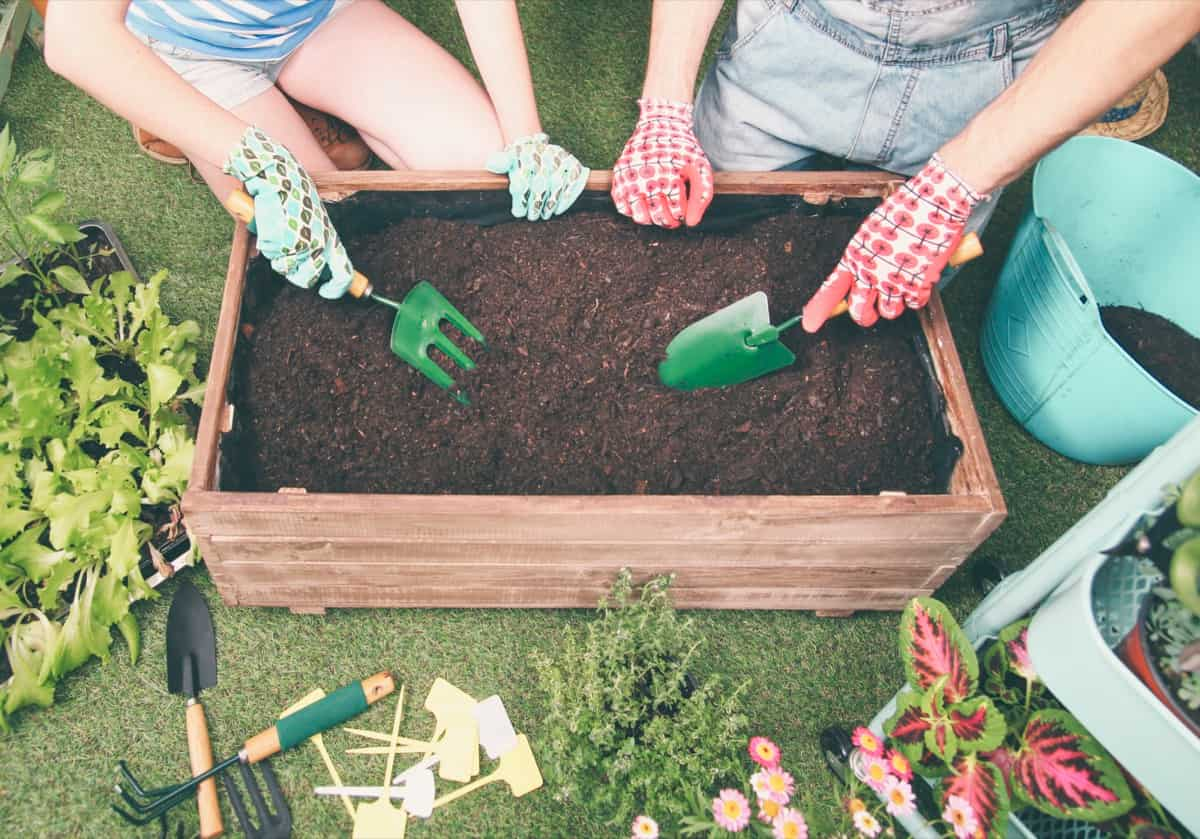
Furthermore, compacted soil, a consequence of neglecting preparation, can restrict air circulation and root growth. It also prevents water from infiltrating the soil effectively, leading to waterlogged roots and root rot. To avoid these problems, test your soil’s pH and nutrient levels. Then, mix the soil with organic matter, such as compost or well-rotted manure. This enhances soil structure, nutrient content, and water retention.
Planting in Unsuitable Conditions
Planting in unsuitable conditions can harm your garden during the summer season. Inadequate soil, improper sun exposure, and neglecting weather patterns are common gardening mistakes that must be avoided. Firstly, soil quality is paramount for plant growth. If you plant in soil lacking essential nutrients, your plants will struggle to thrive. Conduct a soil garden test to determine its pH and nutrient levels, then amend it with organic matter or fertilizers as needed.
Secondly, sun exposure is crucial. Planting heat-loving plants in the shade or vice versa can hinder their growth. Ensure you choose suitable spots in your garden based on the sunlight requirements of your plants. Lastly, ignoring weather conditions can lead to disaster. Planting delicate seedlings before scorching summer heat or heavy rains can damage or kill them. Be aware of your local climate and plan your planting accordingly.
Failing to Rotate Crops
Failing to rotate crops in your garden can lead to soil depletion, increased pests and diseases, reduced yield, weed growth, and improved soil health. The same crops are grown in the same spot year after year, depleting specific nutrients and hindering plant growth. Harmful organisms build up in the soil without rotation, making your garden susceptible to infestations.
Continuous planting of the same crops in one area can result in weaker, less productive plants and increased stress. Crop rotation also helps control weed growth by preventing weeds that thrive in specific conditions from taking over. Overall, rotating crops promote a balanced ecosystem of beneficial microorganisms and earthworms.
Ignoring Pest Control
Neglecting pest control during summer can lead to crop damage, disease spread, increased maintenance, and financial loss. Infested plants can suffer from stunted growth, deformed fruits, and reduced yields. Pests can also carry diseases like powdery mildew and blight, affecting the garden’s health.
In case you missed it: Bahar Treatment in Pomegranate for High Quality and Yields: A Step-by-Step Guide to Implementation
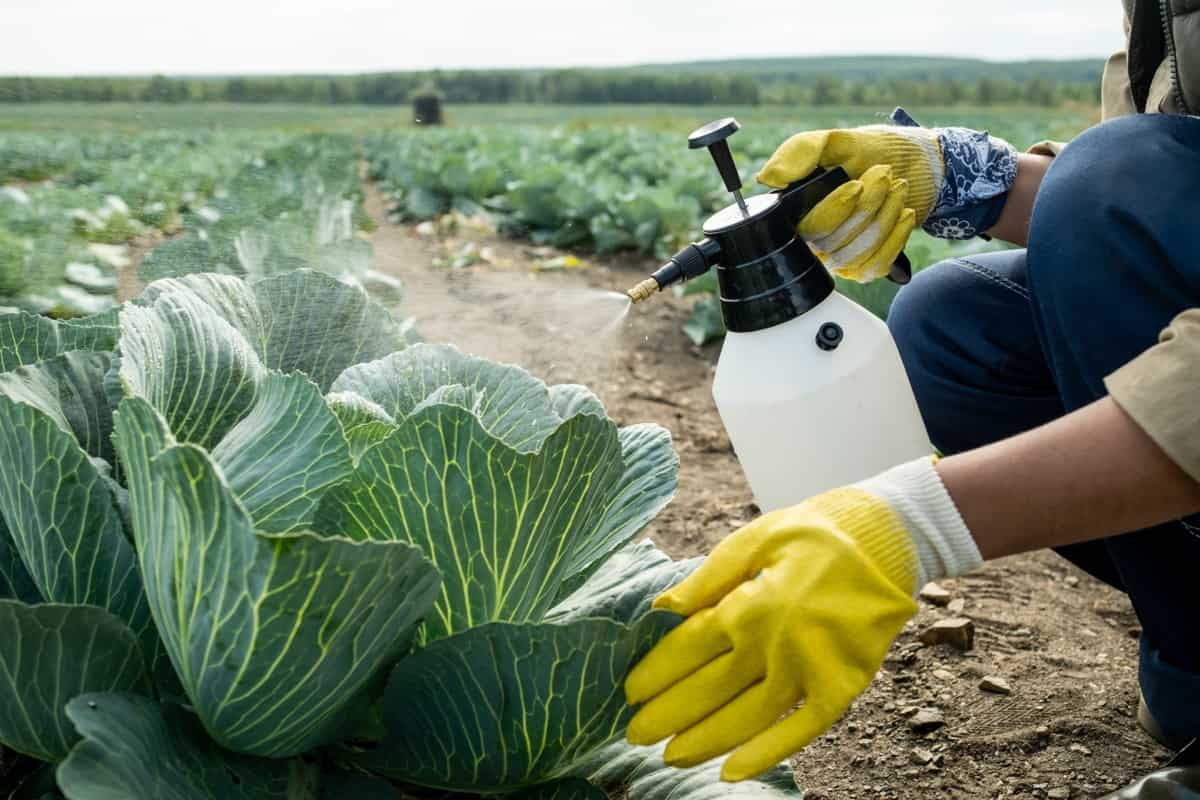
In addition, pest control can cause increased maintenance, which can be physically demanding and time-consuming. Pest-infested gardens often require expensive remedies, impacting the budget. Therefore, it is crucial to address pest control to avoid common gardening mistakes and maintain a healthy and productive garden.
Overcrowding Plants
Overcrowding plants is a common gardening mistake that can significantly impact your summer garden. When you plant your garden too closely, the plants compete for essential resources like sunlight, water, and nutrients. This can lead to a variety of problems. Firstly, overcrowding limits the amount of sunlight each plant receives. Sunlight is crucial for photosynthesis, which allows plants to produce food. When plants are too close together, they cast shadows on one another, reducing the overall amount of sunlight available.
This can result in weaker, leggy plants that don’t produce as many fruits or flowers. Secondly, overcrowding can lead to increased moisture around the plants. This more moisture can create a breeding ground for diseases like mold and mildew, quickly spreading among crowded plants and damaging or killing them. Furthermore, overcrowding makes it difficult to water and fertilize your plants properly. Some may receive too much, while others do not enough. This imbalance can lead to stunted growth and poor yields.
Using Poor-Quality Seeds or Seedlings
Using poor-quality seeds or seedlings can significantly impact your gardening efforts this summer.
- Reduced Plant Health: Poor-quality seeds or seedlings may carry diseases or genetic abnormalities, leading to weak and unhealthy plants. This can make your garden more susceptible to pests and environmental stressors.
- Low Yield: Inferior seeds can result in stunted growth and reduced crop production. You may not get the bountiful harvest you hoped for, affecting your summer gardening goals.
- Wasted Time and Effort: Planting low-quality seeds or seedlings can lead to disappointment and wasted resources. You’ll spend time caring for plants that may never reach their full potential.
- Increased Pest Problems: Weak plants are more attractive to pests and diseases. Using poor-quality seeds can invite unwanted critters into your garden, causing further damage.
- Unpredictable Results: Inconsistent germination and growth patterns are common with subpar seeds. This can make it challenging to plan and manage your garden effectively.
In case you missed it: How to Identify Fake Seeds: Key Differences Between Real and Counterfeit Seeds
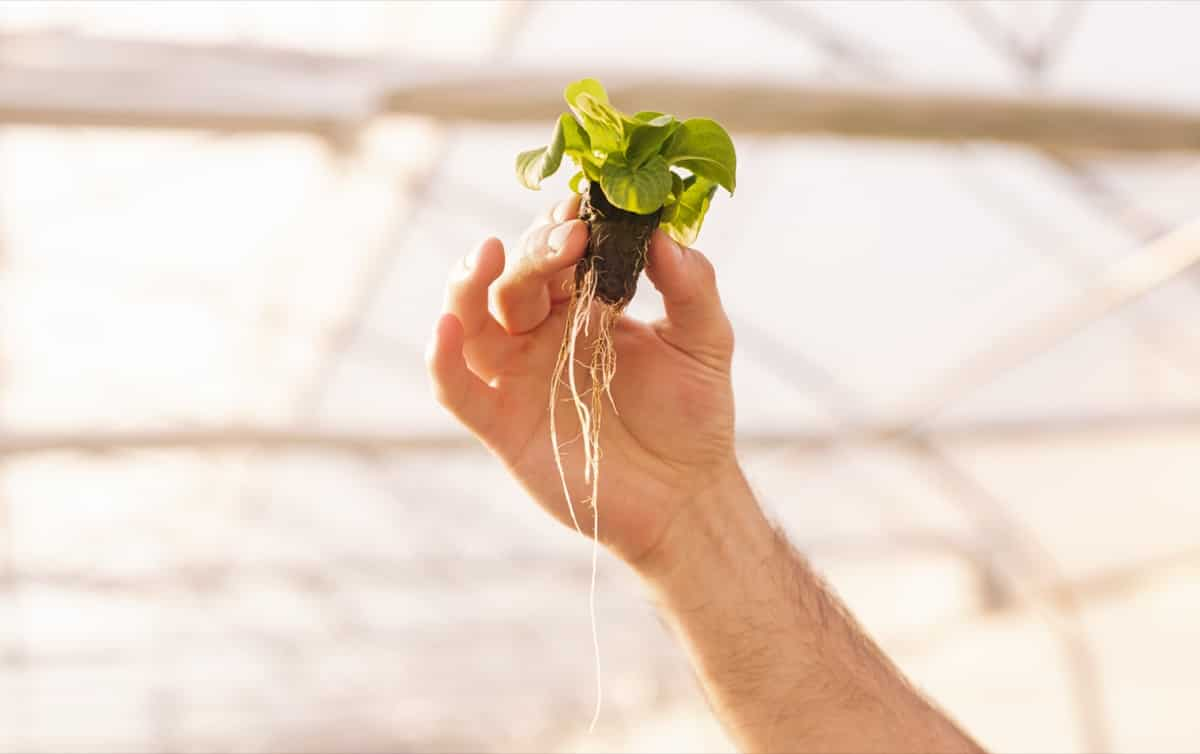
Not Providing Adequate Support for Climbing Plants
Insufficient Support for Climbing Plants can harm your garden during the summer months. This gardening mistake often leads to stunted growth, reduced yield, and an unsightly appearance in your garden. Climbing plants like tomatoes, cucumbers, and beans rely on proper support to thrive. When they don’t get it, they tend to sprawl on the ground, making them vulnerable to pests, diseases, and rot. This can significantly reduce your harvest.
Furthermore, when climbing plants aren’t adequately supported, they may block sunlight and air circulation to other plants in your garden. This can lead to overcrowding and hinder the growth of neighboring vegetables and flowers. To avoid this issue, use trellises, stakes, or cages to support climbing plants. Make sure these structures are sturdy and appropriately placed to accommodate the specific needs of each plant variety.
Lack of Pollination
Insufficient pollination can significantly impact summer gardening, leading to poor fruit sets, reduced crop yield, unproductive plants, and an imbalanced ecosystem. Pollination, the process of transferring pollen from male to female parts of plants, is crucial for producing fruits and vegetables.
Without proper pollination, fruit-bearing plants like tomatoes, cucumbers, and squash may not develop or produce misshapen or underdeveloped fruits, frustrating gardeners. Lower pollination rates result in fewer crops, reducing the purpose of gardening. Unproductive plants like bees and butterflies may become weak and unhealthy. The absence of pollinators can disrupt the natural balance of the garden ecosystem, which supports biodiversity and other wildlife.
Overfertilizing or Under fertilizing
Overfertilizing and under-fertilizing are common gardening mistakes that can significantly impact your summer garden. Overfertilizing involves too much fertilizer, leading to unhealthy growth and weak plants. Under fertilizing, however, lacks enough nutrients, stunting growth and causing nutrient deficiencies, making plants susceptible to diseases and pests.
To avoid these mistakes, test soil nutrient levels, choose the right fertilizer, and use organic options like compost. Follow recommended fertilization schedules and avoid applying fertilizers during the hottest parts of the day to prevent plant burn.
Forgetting to Mulch
Mulching, a fundamental practice in gardening, often needs to be noticed. Neglecting mulch can have profound implications for your summer gardening endeavors. Mulching serves as a protective blanket for your soil. When you forget to mulch, your soil is exposed to the scorching summer sun. This results in rapid moisture evaporation, making your plants thirsty and stressed. Your plants struggle to survive without this vital moisture shield in the scorching heat.
In case you missed it: A Guide to Understand the Mulching of Plants/Trees: Check How this Guide Helps Gardeners/Farmers
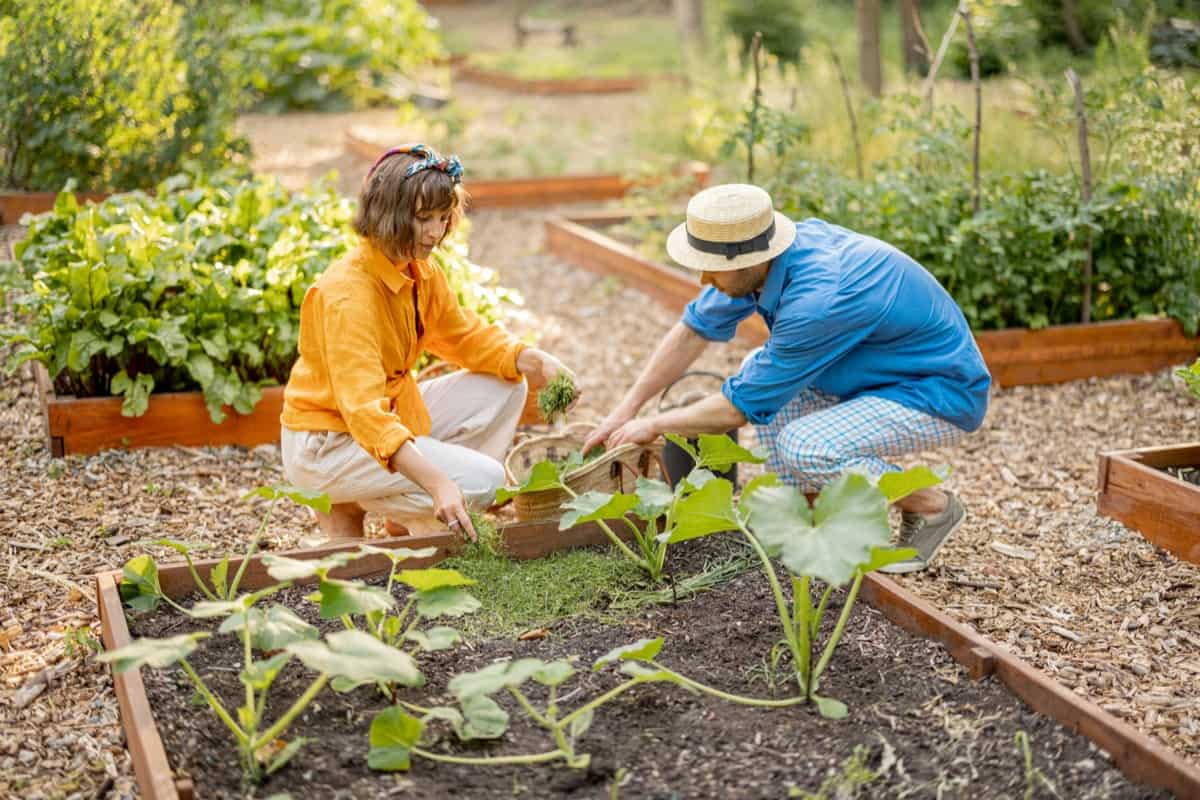
Weeds, the unwelcome guests of any garden party, thrive in bare soil. Without mulch, you’re essentially rolling out a green carpet for these uninvited guests. They compete with your precious plants for water, nutrients, and space, the last thing you want during the summer. Temperature control is another benefit of mulching. Without it, the soil temperature can fluctuate wildly, stressing plant roots. This can make to stunted growth and poor fruit development.
Not Harvesting at the Right Time
Harvesting at the wrong time can significantly impact your summer gardening efforts. It can cause to a loss of quality, with overripe produce causing blandness and mushiness and underripe ones needing more flavor and nutrients. It can also result in reduced yield due to pests or diseases taking over, reducing the overall crop.
Additionally, wasted resources like time, water, and energy are wasted on produce that won’t reach its full potential. Mishandling harvesting can also affect future growth, as overripe fruits can hinder new fruit development, and premature harvesting can weaken the plant’s overall health. Improper harvesting can also negatively impact your wallet, as quality produce can fetch higher prices, while subpar produce may sell poorly.
Neglecting Regular Maintenance Tasks
Neglecting regular maintenance tasks can significantly impact summer gardening. It can lead to weed overgrowth, pest infestations, inadequate watering, neglected pruning, soil depletion, and disease spread. Weeds compete for nutrients, water, and sunlight, stunting plant growth and causing garden. Pests can damage or destroy plants, resulting in disappointing harvests. Inconsistent or inadequate watering can stress plants, making them more susceptible to diseases and wilting.
Overgrown branches and dead foliage obstruct sunlight and air circulation, promoting mold and disease development. Soil depletion can result from not replenishing nutrients through mulching or fertilizing, causing poor plant growth and lower yields. Disease spread can occur when diseased plants are not removed and disposed of promptly, affecting healthy plants nearby.
Improper Pruning Techniques
Improper pruning techniques can negatively impact summer gardening efforts. Over-pruning, which involves removing too many or severely cut branches, can weaken the plant, increase susceptibility to diseases and pests, and reduce its energy production through photosynthesis. On the other hand, under-pruning can allow problems to spread throughout the plant, affecting its vitality and causing a tangled appearance.
In case you missed it: A Guide to Understand the Pruning of Plants/Trees: Check How this Helps a Gardener/Farmer
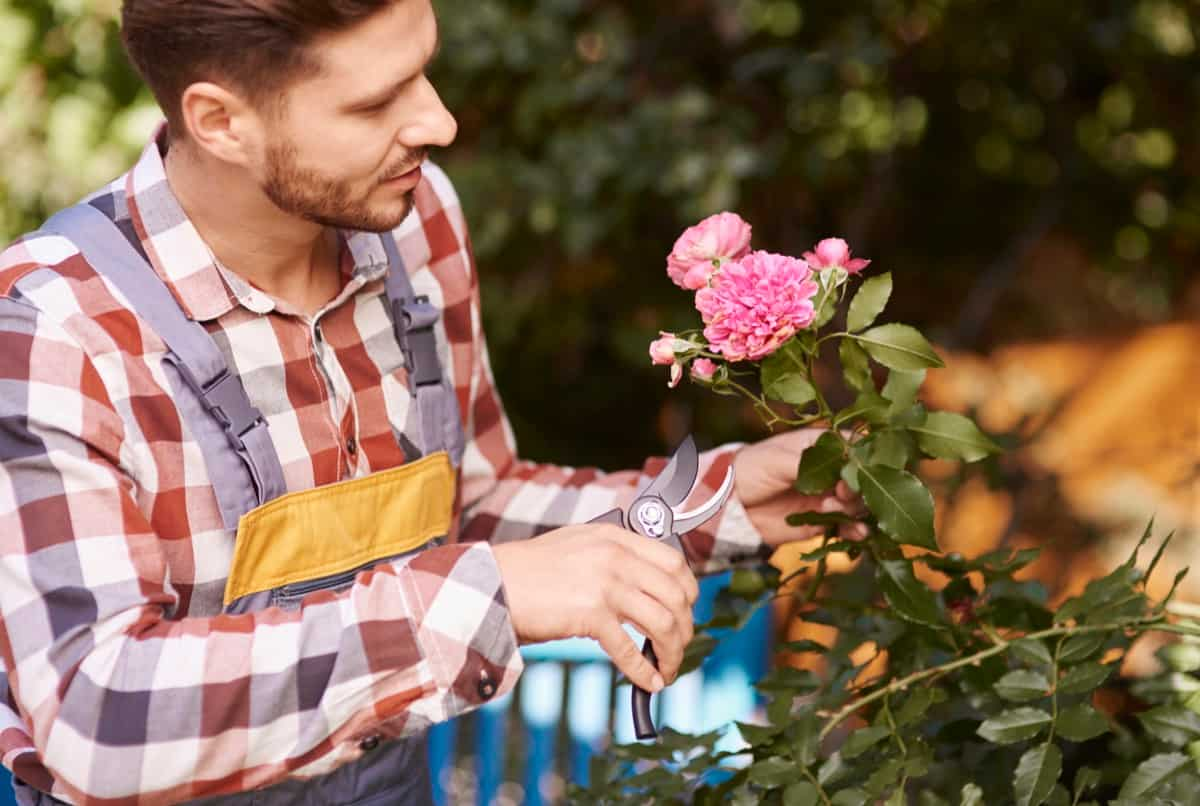
Additionally, improper timing of pruning can disrupt the plant’s natural growth cycle, as pruning too late in the summer can remove buds that would have produced flowers in the next season. Therefore, it is crucial to avoid these mistakes to ensure healthy growth and a visually appealing garden.
Inadequate Sunlight Exposure
Insufficient sunlight exposure during summer can hinder successful gardening, leading to stunted growth, leggy plants, reduced flowering and fruit production, and poor root development. Plants do require sunlight for photosynthesis, which is essential for growth. Insufficient sunlight can result in smaller, weaker plants and fewer fruits and flowers.
Leggy plants are more susceptible to disease and pests, and their stems and foliage are weaker. Low light conditions also result in fewer blooms and reduced harvests. Insufficient sunlight also affects root development, leading to shallow and weak systems, making plants less stable and resilient. Gardeners must be aware of these potential issues to avoid mistakes.
Conclusion
Steering clear of these 17 gardening mistakes—from overwatering to neglecting companion planting—will pave the way for a thriving summer garden. By adopting proper techniques and nurturing your plants wisely, you can relish the beauty and bounty of a successful gardening season.
- Cooperative Societies in the Agricultural Sector in India: Benefits, Role, and Challenges
- 17 Gardening Mistakes to Avoid This Summer: For Vegetables, Flowers, Herbs, and Fruits
- Bahar Treatment in Pomegranate for High Quality and Yields: A Step-by-Step Guide to Implementation
- Mobile Veterinary Units in India: Implementation in States
- Moringa as Feed for Livestock: Moringa Fodder Crop Yield Per Acre
- National Beekeeping and Honey Mission (NBHM): Features, Schemes, and Benefits
- Management of Cutworms in Chilli: Prevention and Control With Organic, Chemical, Cultural Practices
- Best Fertilizer for Tinda: Organic, Natural, Homemade, NPK Ratio, When and How to Apply
- Whitefly Management in Cotton Crop: Symptoms, Control, and Best Insecticides for Cotton
- Best Fertilizer for Terrace Plants: Covering Vegetables, Fruits, Flowers, and Herbs
- 12 Best Compost Bins for Home in India with Price: Cheap for Indoors, Outdoors, and Kitchens
- Grapes Training Systems and Methods: A Comparative Analysis
- Best Fertilizer Jamun Tree: Organic, Natural, Homemade, Npk Ratio, When and How to Apply
- Polyhalite Fertilizers and their Role in Organic Farming
- How to Identify Fake Seeds: Key Differences Between Real and Counterfeit Seeds
- Best Fertilizer for Indian Gooseberry/Amla: Organic, Homemade, NPK Ratio, When and How to Apply
- Best Fertilizer for Bitter Gourd: Organic, Natural, Homemade, NPK Ratio, When and How to Apply
- Bangalore Method of Composting: Preparation Method, Benefits, and Disadvantages
- How to Check PM Kisan Status: Beneficiary Verification With Aadhaar Number and Mobile
- 15 Best Chaff Cutter Machines in India: For Dry, Green Fodder Cutting, and Price List Included
- Bermuda Grass Fertilizer Schedule: When and How to Apply in Winter, Summer, and Spring
- 20 Best Plants to Grow Under Oak Trees: Compatible Plants Under and Around Oaks
- Benefits of DAP Fertilizer: Price, Composition, How and When to Apply
- Profitable Thai Guava Farming in India: Yield, Profit Per Acre, Plant Price, 1 Acre Cost of Cultivation
- Top 19 Water Harvesting Techniques: What is Water Harvesting and Benefits of It
- Best 20 Lemon Varieties: Sweet, Large, and Rare High Yield Cultivars
- Top 15 Agro Based Industries in India: Best List for Agri Entrepreneurs
- Career Opportunities in Agribusiness Management: Top 10 Jobs After Agribusiness Management
- Top 20 Pumpkin Varieties to Grow in Your Garden: Best List of Pumpkin Varieties for High Profits
- How to Grow Cordyceps Mushrooms: Profitable Cultivation Practices and Cordyceps Mushroom Price
- Top 20 Lettuce Varieties to Grow in Your Garden: Best List for Backyard for Fall and Winter
- Top 20 Grape Varieties to Grow in India: List of Grape Varieties to Grow for High Profits
- Best Fruit Nurseries in Tamil Nadu: Top List of Saplings Supplier for High Yield and Profits
- Top 20 Apple Varieties in India: List of Apple Varieties to Grow for High Profits
- Advantages of Vegetative Propagation and Disadvantages of Vegetative Propagation: Examples
- Best Fruit Plant Nurseries in Maharastra: Sapling Suppliers of Hybrid and High-Yield Fruit
